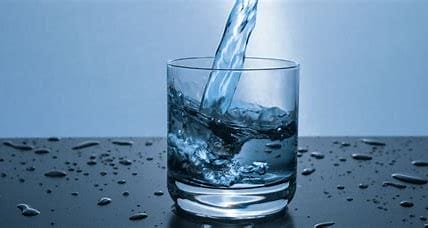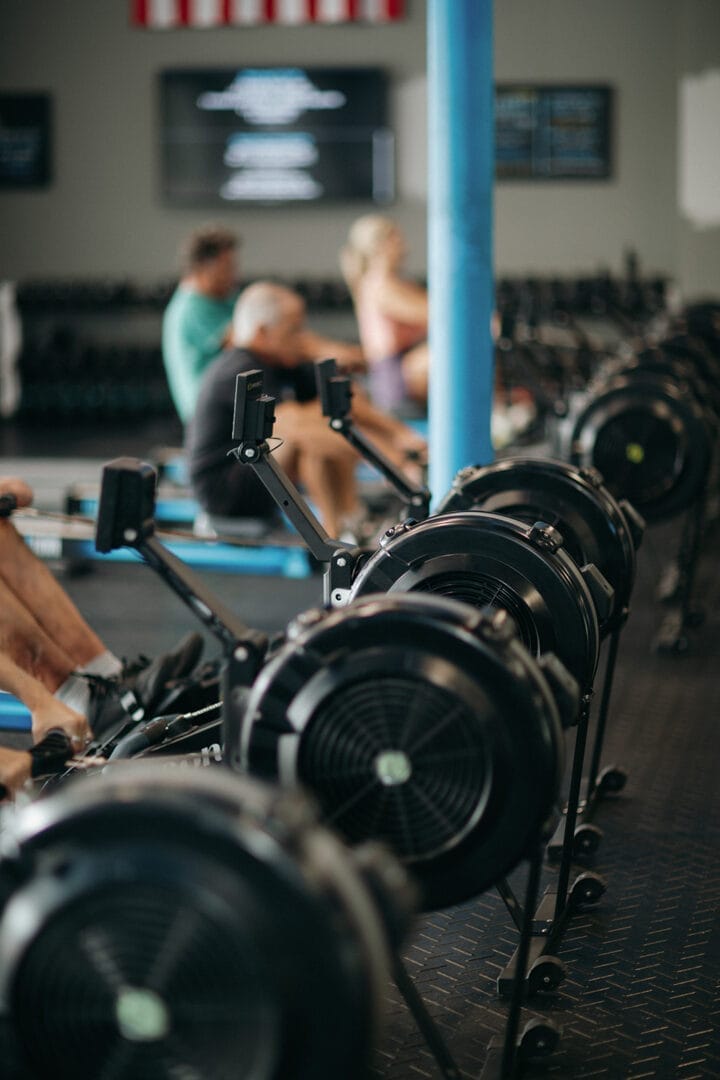For those of you that don’t know me yet, let me introduce myself. I’m Jamie Norton and I have been a Registered Dietitian for about 8 years now. I have worked mostly in the clinical setting, meaning hospital and acute-care facilities, and I more recently joined CrossFit Torque in August of 2020.
Of recent, it appears as though there is more conversation happening in the gym surrounding nutrition. This is so awesome to me. I studied science and medical nutrition therapy in college so I know that good nutrition is such an important part of leading a healthy lifestyle.
Nutrition combined with physical activity, can help you reach or maintain a healthy weight, reduce your risk of chronic disease (heart disease, cancer) and improve your overall quality of life.
You can’t out run a bad diet. I love that saying because it holds a lot of truth. I hate to be the bearer of bad news but if you take 1 hour out of your day to exercise and don’t fuel yourself properly the rest of the day, then you most likely won’t see the changes that you want.

How much water do we need?
For hydration, it is important to stay hydrated every single day. The general recommendation for water consumption is to consume half your body weight in ounces. This can vary from person to person. If your urine is clear, and you don’t feel thirsty then you are most likely hydrated.
Your first urine of the day will be more concentrated but then should become lighter in color. If you find the color of your urine is looking like apple juice later in the day, then that is an indicator that you should be drinking more water. Also, if you feel thirsty throughout the day, then that is another sign that you probably should be drinking more water.
Different factors can contribute to each person’s individualized needs including: the temperature, the type of exercise you are doing and some people tend to sweat more than others.
How much should I drink before exercise?
Hydrate everyday consistently.
There is science to prove that within 4 hours of exercise you should be drinking 5-10ml of fluid per kg of your body weight. For example, if someone weighs 150#, you would divide that by 2.2 to get kg (68). Then multiple kilograms by 5 which would be 340mL (11 ounces……a little over a cup and a half).
That is a little advanced for the general gym goer, so I would initially aim for ½ your body weight in ounces and adjust as needed. Also keeping in mind that to reach that total number, you ideally should be sipping throughout the day.
Dehydration is no joke. It stresses the body, can raise body temperature, increase difficulty concentrating and exercise will feel harder. It can also present itself as symptoms of chronic fatigue, headaches and lethargy (brain fog).
Take a moment and think about all of the liquids you typically drink in a day. Do you drink mostly water? Are you drinking soda? Juice? Coffee? If more of your beverages are not water, then be mindful of that and try to make a conscious effort to increase your water intake.
My advice? Make changes in small steps so you succeed. For example, if you drink 2 sodas each day, try to initially swap one out for water. Then cut down to 3-4 sodas per week and continue to increase your water consumption.
Whenever we want to make sustainable changes it takes time and consistency!
Always here to help.
-Jamie Norton RD LDN
Nutrition@CrossFitTorque.com


